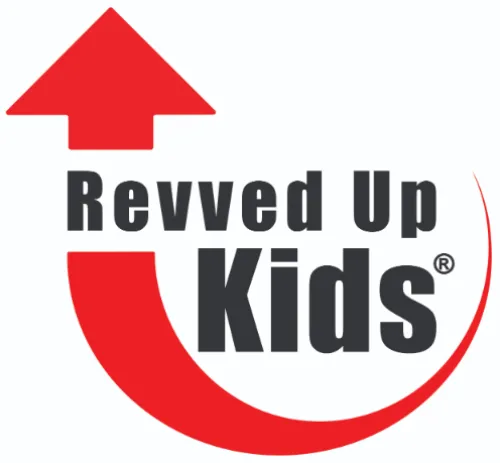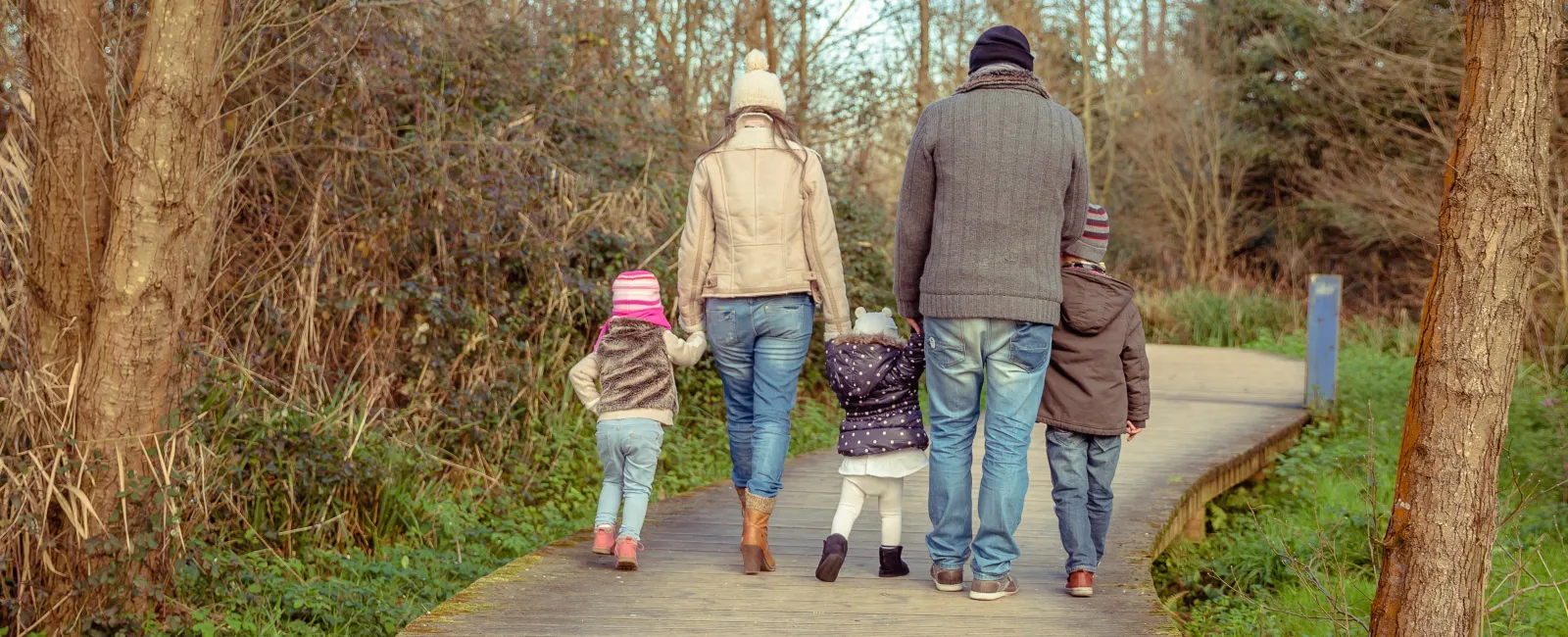What to say and when to say it - talking with your kids about sex and sexual abuse
Body safety and sexual abuse are topics that most parents would prefer to avoid, but they are a necessary part of any family conversation about safety and about sex. So what should you say, and when? Here is a quick guide with to help you start talking with your children at any age; think of these steps as building blocks in your family dialogue. Keep in mind that while the suggested age ranges are suitable for most children, every child is different developmentally and intellectually so you may should adjust based on your child's readiness.
STEP 1: The Body Parts All children should know the
proper names of their body parts. Start this conversation from the time they
are learning the names of their body parts: eyes, ears, nose, penis, nipple,
vagina/vulva. If your parents instilled discomfort about those words, you need
to move past it. Don't pass that discomfort to your children.
STEP 2: The Little Ones Young children are naturally
curious about their bodies and other people's bodies. This is normal
development. Most preschoolers go through a stage of wanting to shed their
clothing all the time (sometimes in the most public of places!). Teach your
little ones about their private body parts, everything that their swimsuit
covers, and teach them that those parts are just for them, not for anyone else.
Teach them a safety rule that if anyone tries to see, touch, or photograph their private
body parts (except to change their diaper or help them bathe) they need to tell
you immediately, even if the person tells them it's a secret.
STEP 3: Nudity in the Home Many parents are unsure
about whether it's appropriate to be nude in front of their children. This is a
family decision, however, parents should consider eliminating opposite gender
nudity at the point in time when the child is becoming overly curious about
seeing you without clothing. This is a great time to reinforce the "privates are
private" conversation and extend it to include "just like your privates are for
you and no one else, you shouldn't see or touch other people's privates,
either."
STEP 3: Preschool / Early Elementary At this age, your child can start learning about consent. Teach them that they control who touches them and when, and they have permission to say no to unwanted tickles, hugs, kisses, etc. Remind all of the people they interact with that you are teaching personal boundaries and that you'd like them to respect your child's wishes when it comes to touching. Your child should also learn to respect other people's personal boundaries. Practice this at home by encouraging them to ask permission before touching another family member.
Secrets and surprises can also be introduced. Teach your
child that surprises are kept inside for a short time and when you keep them
you feel happy and excited. Teach them that secrets are kept forever and
sometimes keeping a secret can make you feel scared or sick. Teach them that
they should never keep a secret from you about anything, especially a secret that makes them feel scared or sick. Teach them that you can
always be trusted if they tell you a secret that someone gave them.
STEP 4: Early to Middle Elementary At this age, your
child can begin extending the concept of consent to other people. Your child
should be learning that they shouldn't touch other people without permission,
and if a friend or classmate asks your child to stop touching them, they should
stop.
You can also introduce the concept of sexual abuse. Teach
them that there are some people who might want to see or touch, or take
pictures or videos, of their private body parts and vice versa (at Revved Up
Kids we call them unsafe people). Teach them that this is never okay and that
they need to tell you if anyone ever tries to do this to them, even if the
person is someone they know or care about and even if the person makes them
feel scared to tell you.
STEP 5: Middle to Late Elementary Welcome to the Thunderdome! This is the age when things will get more challenging when it comes to sex. Sadly, the internet has robbed our children of their innocence at younger and younger ages, so it's important that parents are prepared to discuss sex at any age. The first time your child comes to you with a sexually curious statement or question, you will have the opportunity to set the stage for all future interactions. This is a pivotal moment in parenting and one that should not be taken lightly. When the question comes, you could start with a question like "That's an interesting question, why do you ask?" Their answer may guide your response. For example "Mom, where do babies come from?" might immediately make you think that you need to sit them down for a scientific discussion about intercourse. If you say "That's an interesting question, why do you ask?" they may respond with "Tommy said that he was getting a new baby sister from the adoption place and I never heard of the adoption place, is that where I came from?"
STEP 6: The TALK Views amongst parents about the best
age to talk with their children about sex vary widely. This is another time
when you need to decide what's best based upon your family's cultural,
religious and social beliefs. One thing that you should assume: the world is set
up to teach your children about sex long before you'd want them to learn, and the
age you think is best is probably too old.
As mentioned before, the internet is robbing our children of
their innocence. They are seeing pornography at alarming rates and in the most
unlikely places; they have friends with older siblings who are sharing their knowledge
(or lack of knowledge); there are predators online who bait children with
conversations, innuendo and jokes about sex. Being proactive about this
conversation is the best way to ensure that your child is informed, not
misinformed. You'll know when the timing is right based on things they say to
you; if they're asking direct questions about sex, the time to have the talk is
now. If you brush them off, tell them they're too young to be talking about
those things, etc. they'll simply go somewhere else to get their answers. "Somewhere
else" is the last place you want them to go.
Something to keep in mind, your child has grown up receiving their information in little soundbites; sitting them down to read through a book (the way you learned from your parents) is probably not going to work. Instead, try letting your child take the lead on the conversation. Answer questions directly and accurately, ask them if you've answered their question fully and if there is anything else they'd like to know. Let them know that you want to be helpful when they have other questions or when someone shares information with them and they want to make sure it's true. Don't hesitate to say "I'm not sure about that, let's see if we can find that information together" and then use online search or books to find the answer. Keep the conversation alive by using current events or YouTube videos, etc. as springboards for dialogue. This is not a "one and done" like it was when you were a kid, this is a years-long conversation that should be a priority. It's the best way to keep your child safe. By the way, if you want a book as a conversation starter, the American Girl series The Care and Keeping of You for Girls and Guy Stuff The Body Book for Boys are great!
Need help? Have more questions? Email us!
Revved Up Kids has trained tens of thousands of children to recognize dangerous people, avoid unsafe situations, and escape attackers. Our training programs are available for boys and girls in K-12th grade, for parents, and for youth serving organizations. Contact us to discuss protecting the children you love from predators and violence, 678.526.3335.

